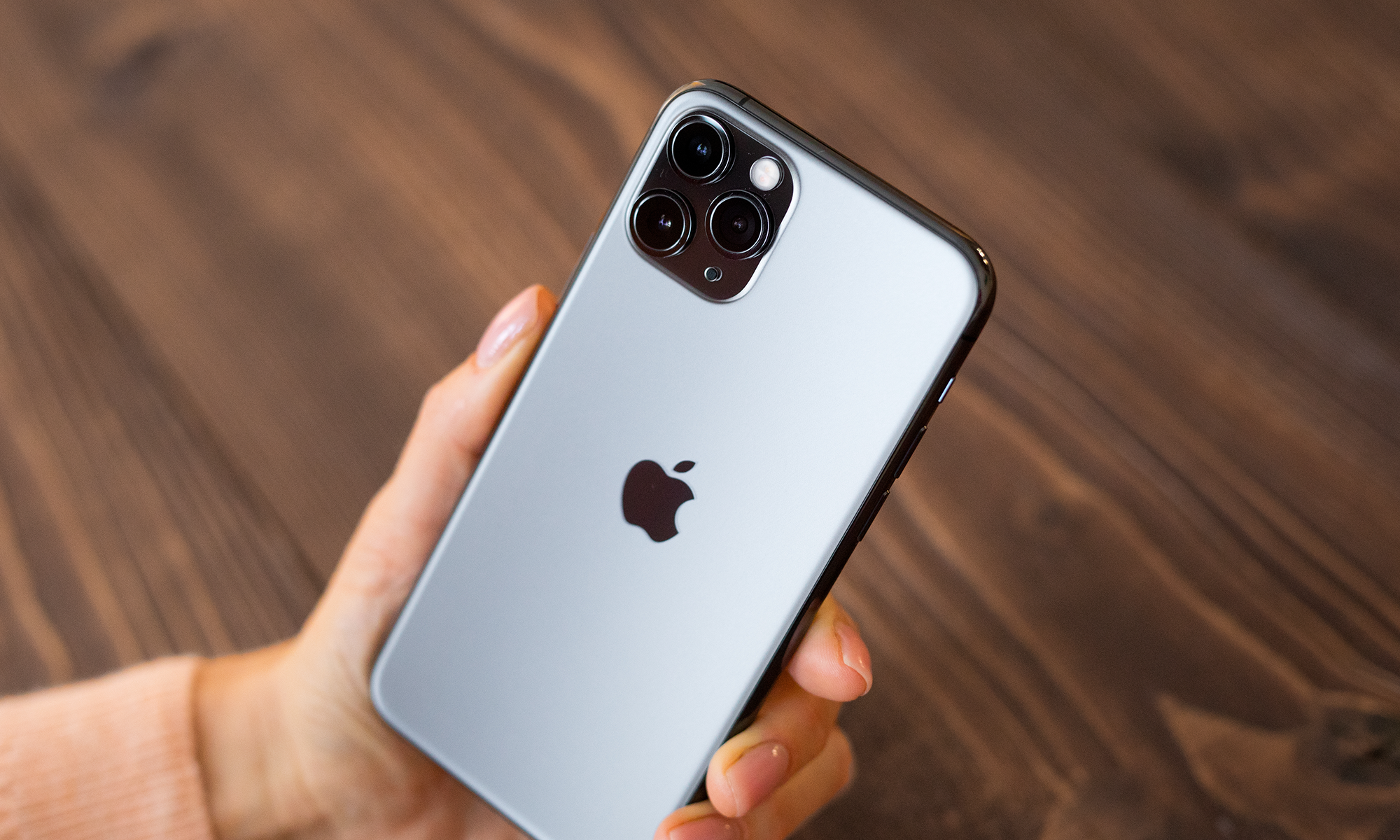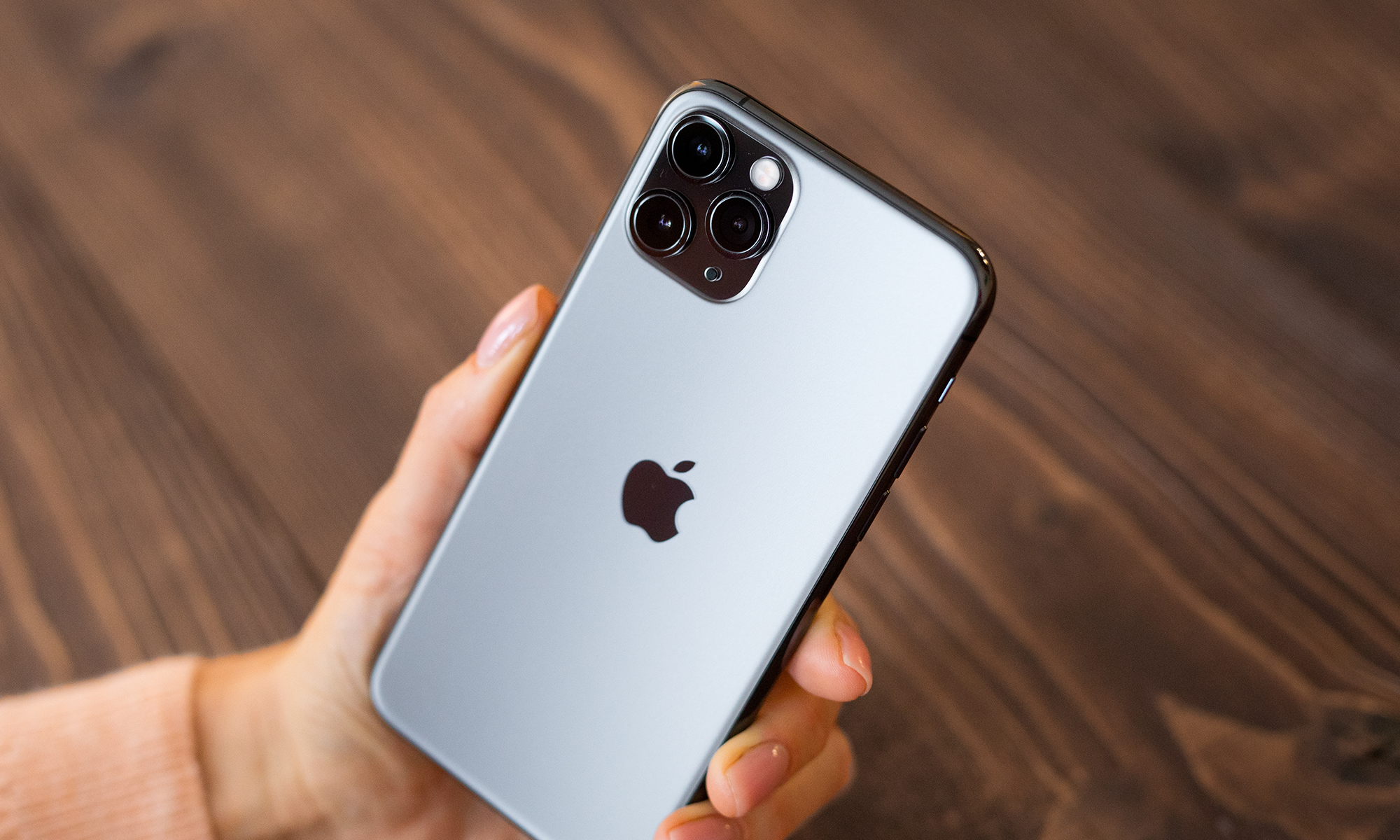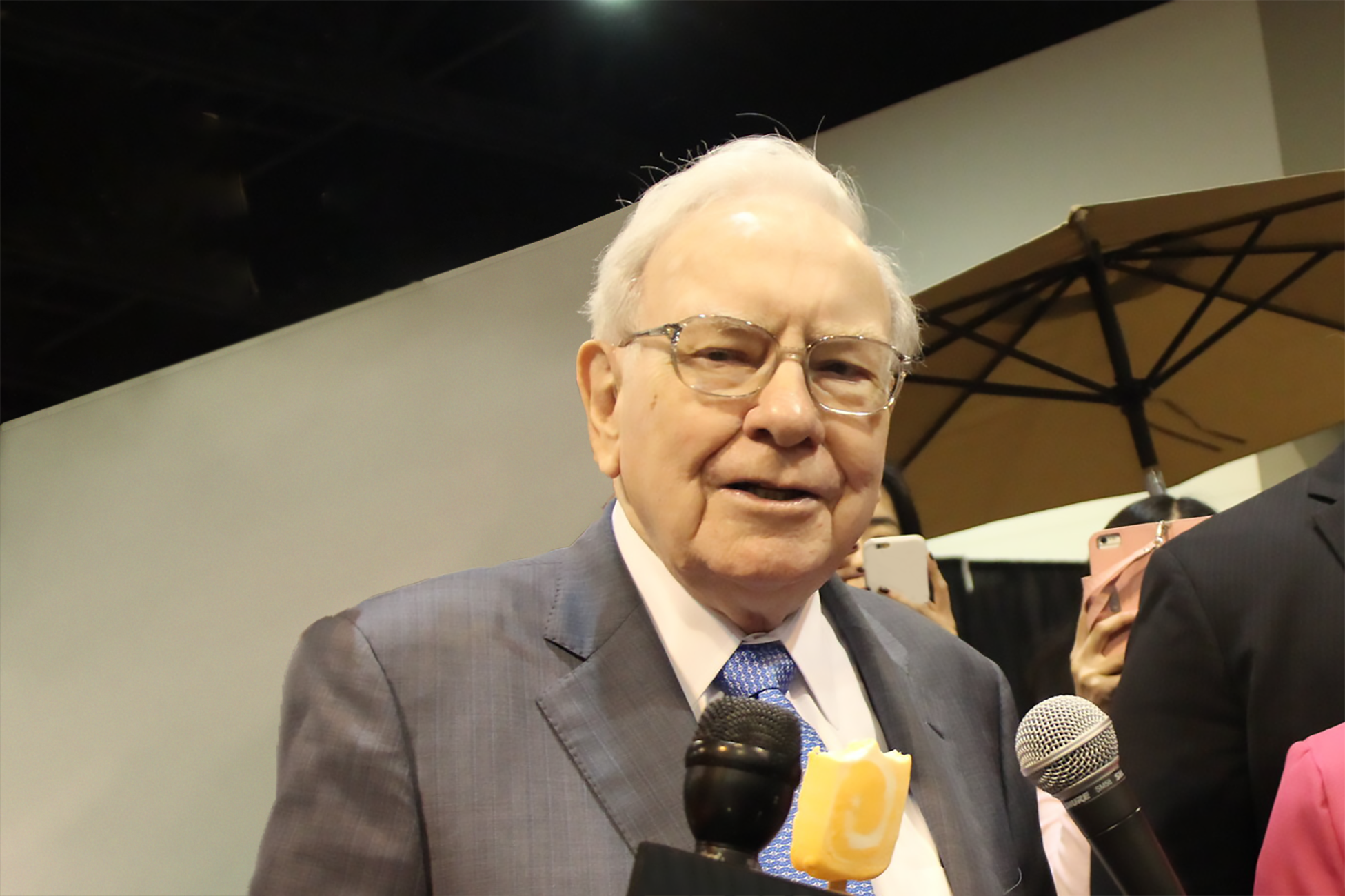Earlier this month, legendary corporate raider Carl Icahn announced via Twitter that he owned a stake in Apple (AAPL 1.02%). This is the second time this year that Icahn has shaken up the tech world, following his activist investment in troubled PC maker Dell (DELL +0.00%).
In the case of Dell, many investors have viewed Icahn as a savior, believing that he is the only one who can stop company founder Michael Dell from "stealing" the company in a management buyout. By contrast, a number of investors have fretted that Icahn poses a big threat to Apple. They worry that his demands for a large stock buyback will cause Apple to fall behind rivals on the innovation curve.
Ironically, the opposite is probably the truth. Carl Icahn poses a big threat to Dell, as his ability to throw up roadblocks to the company's go-private deal is distracting the management team just when the company faces a precarious situation. By contrast, Icahn has no leverage vis-a-vis Apple's management. He does not (and cannot) own a meaningful percentage of Apple's stock due to the company's massive market cap. Moreover, there is no reason why a stepped-up buyback should interfere with Apple's core business or innovation.
Icahn's plan
Icahn thinks that Apple is significantly undervalued and that the solution is a massive stock buyback. Apple is already implementing a substantial capital return program -- which includes approximately $60 billion in share repurchases between 2013 and 2015 -- but Icahn wants an even bigger and faster buyback.
Icahn believes that Apple should spend an additional $150 billion repurchasing stock at an average price of $525/share (slightly above the current price). He claims that Apple could fund these purchases by issuing $150 billion in debt at a blended interest rate of 3%. This would allow the company to avoid paying steep repatriation taxes on its more than $100 billion of cash held overseas.
According to Icahn, if Apple follows his capital allocation strategy, the stock would rise to $625 following the buyback, even if the company's underlying earnings did not change. The catalyst would be a significant reduction in the share count, boosting EPS. Assuming moderate earnings growth, Icahn thinks the stock could return to its all-time high near $700.
A bad trade-off?
In his initial tweets about Apple, Icahn stated that he had spoken to Apple CEO Tim Cook about his ideas and that they planned to speak again soon. Last week, Icahn took to Twitter once again to announce that he will be having dinner with Cook next month to discuss the magnitude and timing of Apple's buyback.
This ongoing dialogue between Icahn and Apple's management has set some investors' teeth on edge. Their main argument is that if Apple significantly increases its stock buyback, that will crowd out investment in research and development and other initiatives to boost innovation. This would in turn cause Apple to fall behind competitors, leading to a collapse in profitability.
In other words, the main argument against Icahn's plan is a variation on the arguments used against Apple's original capital return plan. It therefore suffers from the same flaw. Arguments that Apple should "invest" its cash rather than returning it to shareholders assume that the two are mutually exclusive.
However, for a company in Apple's position -- with more than $100 billion in net cash and annual free cash flow around $40 billion -- returning cash to shareholders does not require economizing on R&D, capital expenditures, or other investments. Apple could buy back $150 billion of stock with just its net cash and one year of free cash flow. That would leave all of Apple's future free cash flow for incremental investments in the business.
That should easily suffice for Apple's needs. Innovation need not be especially expensive. Apple developed its top product -- the iPhone -- on an R&D budget of less than $1 billion annually. Throwing tens (or even hundreds) of billions of dollars into incremental R&D or acquisitions will probably produce a poor return on investment. Since Apple has more cash than it can productively use, returning it to shareholders is probably the right thing to do.
Foolish conclusion
Carl Icahn's involvement with Dell demonstrates how activist investors can be quite dangerous for troubled companies. Icahn is looking to extract value from Dell by loading lots of debt onto the company in order to squeeze out as much money as possible. However, the company's cash flow has become less certain due to the secular decline of Dell's PC business. This makes Icahn's plan for Dell incredibly risky for shareholders; an unexpected deterioration in cash flow could send the company into a death spiral.
Icahn's plan for Apple may look similar at first glance. After all, he believes Apple should issue as much as $150 billion in debt to fund its buyback. However, unlike Dell, Apple has over $100 billion in the bank and generates around $40 billion in annual free cash flow. In other words, Apple has plenty of cash to pay a dividend, fund a massive buyback, and invest in R&D to drive further innovation. Carl Icahn's activism poses no credible danger at all.






